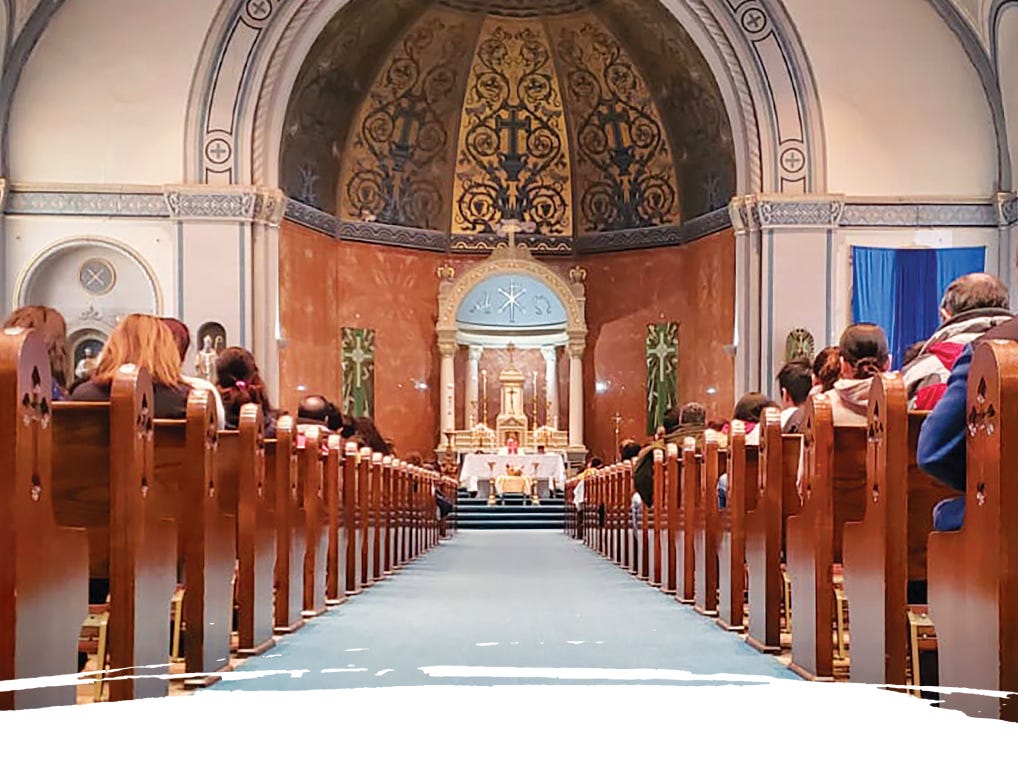Milwaukee priest had clerical support in theft case
A Wisconsin parish says its former pastor stole much more than the $33k police identified
A Milwaukee priest was sentenced this month to two years probation after he pled guilty to several counts of theft from his parish over a four-year period.
In an apparent deal with prosecutors, Fr. Mauricio Fernandez-Boscan pleaded guilty to stealing more than $33,000 from Milwaukee’s St. Adelbert’s Parish.
B…

